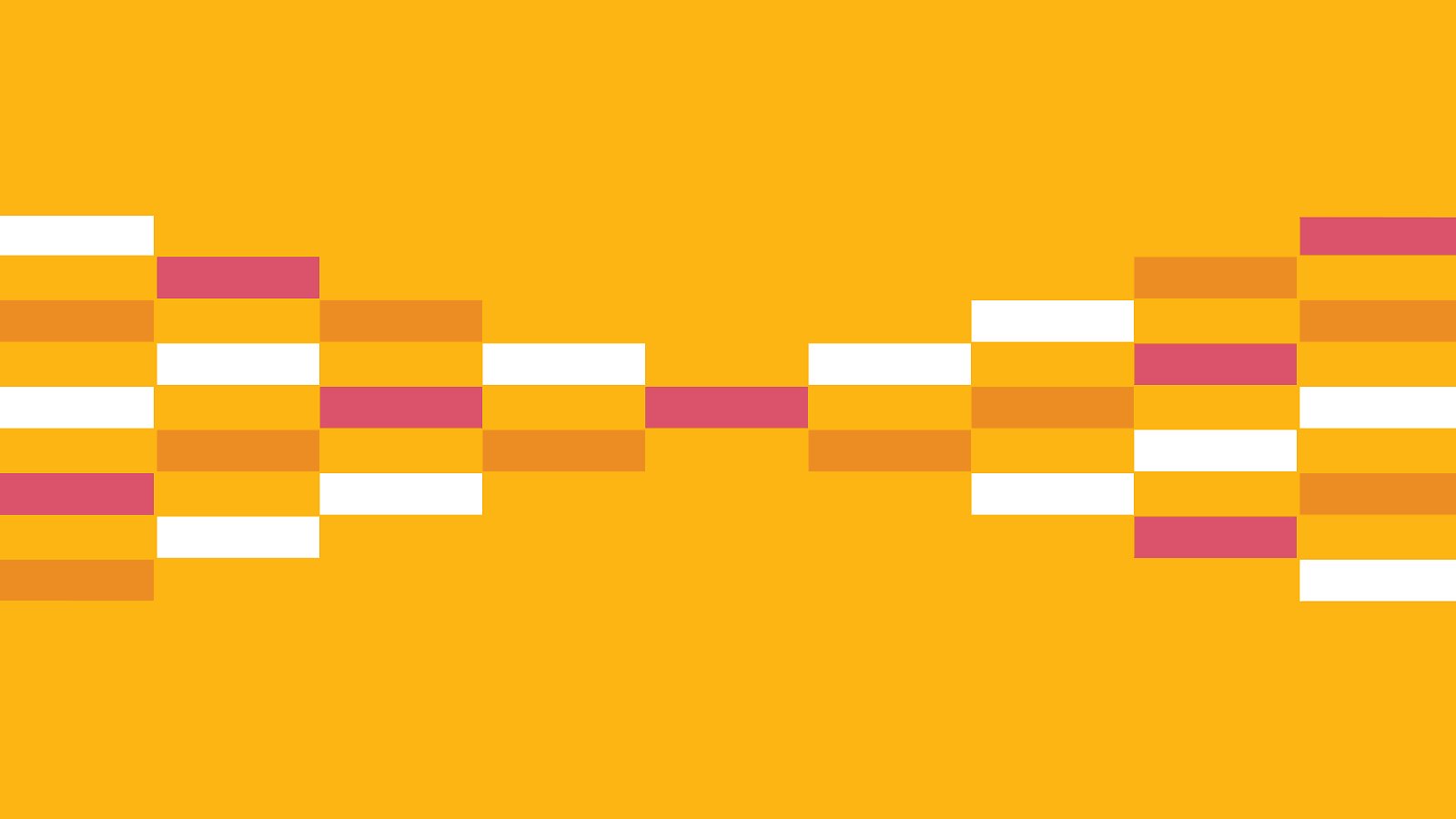{{item.title}}
{{item.text}}

{{item.text}}
On 1 June 2002, the Agreement on the Free Movement of Persons (AFMP) came into force between the European Union (EU) and Switzerland. Among other topics addressed in this agreement, the Agreement on the Free Movement of Persons (AFMP) facilitates the access to the Swiss labour market by lifting some restrictions for EU citizens.
Croatia became on 1 July 2013 the 28th EU member country. After negotiation, the Agreement on the Free Movement of Persons (AFMP) was extended to Croatia on 1 July 2017 by mean of Protocol III but without the fullest extent of the free movement of persons. Protocol III foresees a gradual and step-by-step opening of the access to the Swiss labour market for Croatian workers and service providers from this state. Therefore, Switzerland could apply a quota system and treat Croatian nationals as non-EU nationals from a process and review perspective.
Until now, Croatian nationals could only benefit from a limited and restricted access to the Swiss labour market. From 1 January 2022 onwards, Croatian workers will enjoy the same rights and obligations as other EU nationals working in Switzerland.
For Swiss employers, this means that the hiring process should be easier and faster. Instead of filing a work permit application and waiting for the approvals from the different competent authorities, Croatian nationals will be able to start working immediately once they have completed their local registration, provided they have a Swiss employer. They will have the right to obtain a permit whenever they fulfil the conditions.
Croatian cross-border commuters (frontier worker) will also benefit from this decision since they will no longer be limited to work in border zones and will be able to obtain a work permit for any location in Switzerland.
Despite this positive and unilateral decision from the Swiss government to lift the restrictions, Switzerland still has the ability to invoke the so-called "Safeguard Clause" and again limit the number of authorisations via a quota system from 1 January 2023 to 31 December 2026 should the immigration of Croatian workers exceed a certain threshold.
As announced by the Swiss Federal Council, Croatian workers will benefit from the full free movement from 1 January 2022 onwards. This shall ease the hiring process of Croatian nationals in Switzerland as they will be considered as regular EU nationals from a Swiss immigration perspective. It remains uncertain whether this will lead to an increase of Croatian workers in Switzerland, but this unilateral decision certainly sends a positive message to come closer to the European Union.
Industry Insights. We monitor continuously the evolution of the Swiss immigration landscape to deliver the latest insights. Subscribe to our newsletter to get the latest updates.
#social#
{{item.text}}

{{item.text}}

Senior Manager, Private clients – Immigration, PwC Switzerland
Tel: +41 58 792 18 41

Kornel Wick
Managing Director, Private Clients – Executive Advisory, PwC Switzerland
Tel: +41 58 792 42 48
